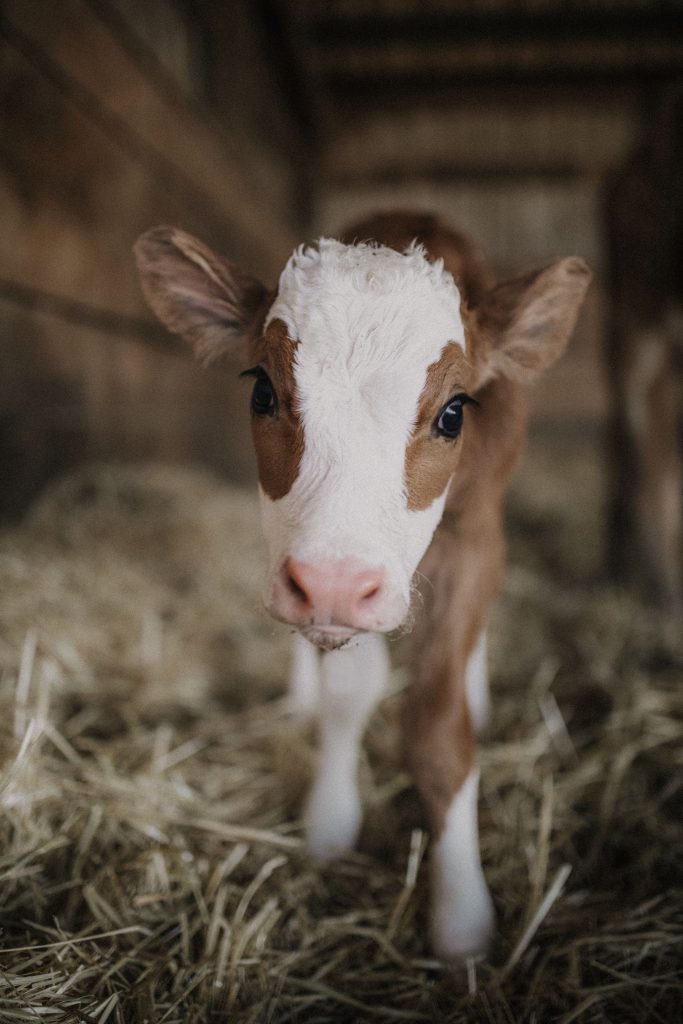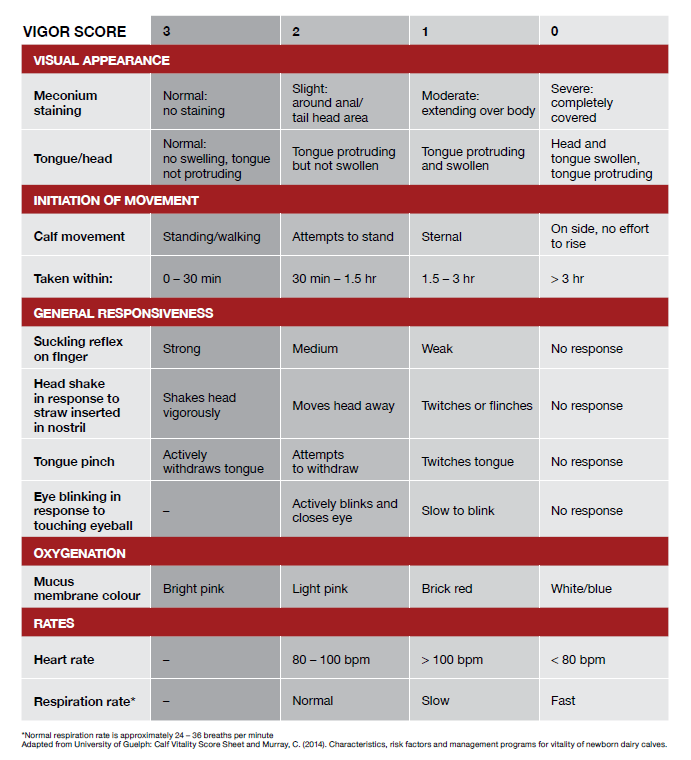AB Direct - Steers
Rail: ---
AB Direct - Heifers
Rail: ---
US Trade- Steers
Rail: 290.00 (IA)
US Trade - Heifers
Rail: 290.00 (IA)
Canadian Dollar
0.02
Starting off on the right hoof
In 2014, I asked cow-calf producers if they thought hard calvings (i.e., dystocia) were painful, and the majority agreed. Over the years, the use of pain control for hard calvings, for the cow and the calf, has increased.

Calves that experience hard calvings are known to have decreased viability, taking longer to stand, walk, and nurse, which negatively affects colostrum intake, health, and growth. Cow-calf producers participating in the 2017 Western Canadian Cow-Calf Survey reported that of the calves that died in the first 24 hours, 21 per cent were from a difficult cow calving and 37 per cent from a difficult heifer calving.
It isn’t always easy to determine if the calf is in pain. Sometimes it’s obvious, like broken bones, a swollen head, or a listless calf. But other times, it’s subtle. This is why we recommend scoring your calf’s vitality when born, especially after a hard calving. The VIGOR scoring system stands for Visual appearance, Initiation of movement, General responsiveness, Oxygenation, and Rates. The lower the VIGOR score, the less vigorous the calf and the more likely they need some sort of intervention. You can work with your vet to set values on when and how to treat your calves based on the VIGOR score.

A nonsteroidal anti-inflammatory drug (NSAID) is a great tool to decrease pain by addressing inflammation. Studies have reported that meloxicam improved calf vitality, suckle reflex, colostrum intake, and higher ADG in their first week.
However, other studies didn’t find any significant results with treatment. These differences could be because of differing study designs. In the end, like how you may take an Advil for a sprained knee, it won’t hurt to try and treat the pain.
This article was first published in Volume 3 Issue 1 of ABP Magazine (February 2023). Watch for more digital content from the magazine on ABP Daily.
Leave a Comment
Add abpdaily.com to your home screen
Tap the menu button next to the address bar or at the bottom of your browser.
Select ‘Install’ or ‘Add to Homescreen’ to stay connected.



Share this article on
About the Author
Dr. Melissa Moggy is an Extension Coordinator and Research Assistant at Alberta Farm Animal Care (AFAC). She received her Doctor of Veterinary Medicine at the University of Prince Edward Island, and her MSc in Veterinary Medicine at the University of Calgary.